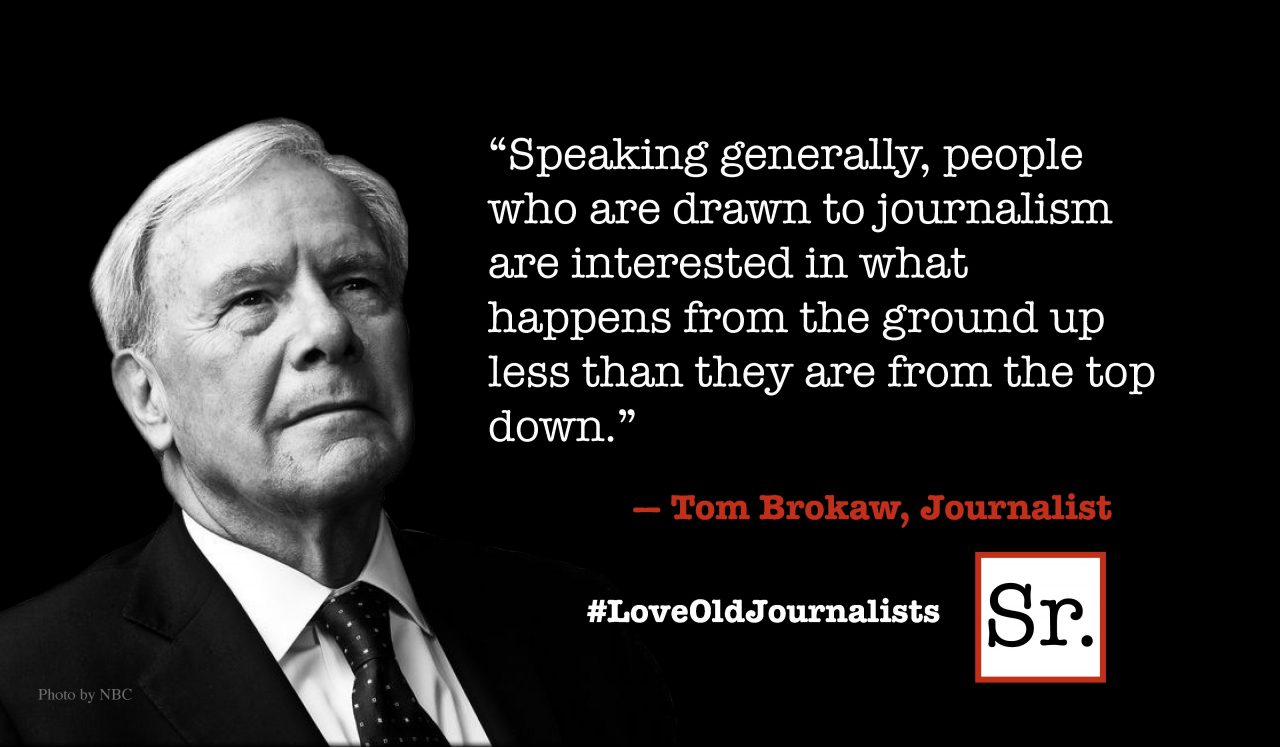Labor Day marks the last holiday of summer and invites us to slow down as we transition into autumn. This holiday apparently dates all the way back to the 1300s in Europe. In the U.S. the holiday originated in the 1800s and was intended to celebrate the economic and social achievements of workers. This was during the eight hour movement, also known as the 40 hour week movement, which advocated eight hours for work. This created eight hours for recreation and eight hours for rest. Back then, the norm was 10-16 hour work days, six days a week. The eight hour work day was eventually brought into U.S. law in 1935 with the Fair Labor Standards Act.
I'm preparing to co-lead a retreat for business leaders who are stressed by the demands of dealing with budget cutbacks, layoffs, doing more with less and the unrelenting challenge of leading their organizations from recession to recovery. While collaborating on the retreat design, it dawned on me that in just a few short decades, many of us have willingly returned to the 10-16 hour work day, six days a week schedule. We know who we are! We will probably be sneaking in some work on Labor Day. And we are among good company.
We live in the age of speed. Carl Honore details our perennial love affair with efficiency and speed in his book "In Praise of Slowness." An award-winning journalist and rehabilitated speedaholic, Carl, examines the price we pay for unrelenting speed while tuning us into a slow revolution taking place all over the world. People are discovering energy and efficiency where we may have least expected – in slowing down.
If history is any indicator, it may take some time for this revolution to take hold. If you are like me, slowing down may be much more urgent for you. How can we begin to unplug now? How can we de-accelerate?
A few winters ago, my traveling companions, Mary and Stephanie, and I took a side trip to Moloka'i, Hawaii, a tiny retro island. Ferrying from fast-paced Maui, we arrived at 8:30 p.m., and got the island taxi. Too late to take in scenery, we saw no traffic lights or traffic at all for that matter. No chain stores, not even a McDonald's. Traveling in darkness for nearly an hour, down a rugged gravel road that seemed to drop off the end of the earth, we finally arrived at our destination. I was becoming jittery from laptop withdrawal by this time, needing to return a few emails and check on a couple of projects.
Completely disoriented, we found ourselves in a tiny tentalow (cross between a tent and a bungalow) community. Pitch dark, guests were walking around shining flash lights to find their way.
Slowly acclimating to our dimly lit tentalow, my first priority was to figure out where to plug in my laptop and smart phone. Determined to plug in, I waged an all-out outlet search whilst muttering. And then, Mary pointed out the obvious. No outlets. No electricity. We are stuck on an island with no electricity, for 3 days. I was not a happy tentalow camper.
Fresh ocean breeze billowing, waves crashing, I fall asleep with visions of finding a place to plug in first thing in the morning. We wake up to the most breathtaking ocean view and the smell of breakfast cooking. After taking an open air shower, we follow the breakfast aromas to the beach. Breakfast was served right on the beach, the most beautiful beach we had ever seen. No fancy hotels, just breakfast, the beach, and us. I was soon to discover there was not a watt of electricity within a 30 minute drive, and we had no wheels.
As reality set in, something magical happened. I just didn't care! Liberated and free to totally take this place in, there would be no competition from work. As we unplugged from our former reality, time seemed to expand for us on that little island.
We returned to the mainland transformed in some small way. We learned that it is OK to leave work at work. Rejuvenated and renewed, we vowed to return to Moloka'i and the wonderful tentalow community…for weeks next time, instead of days.









